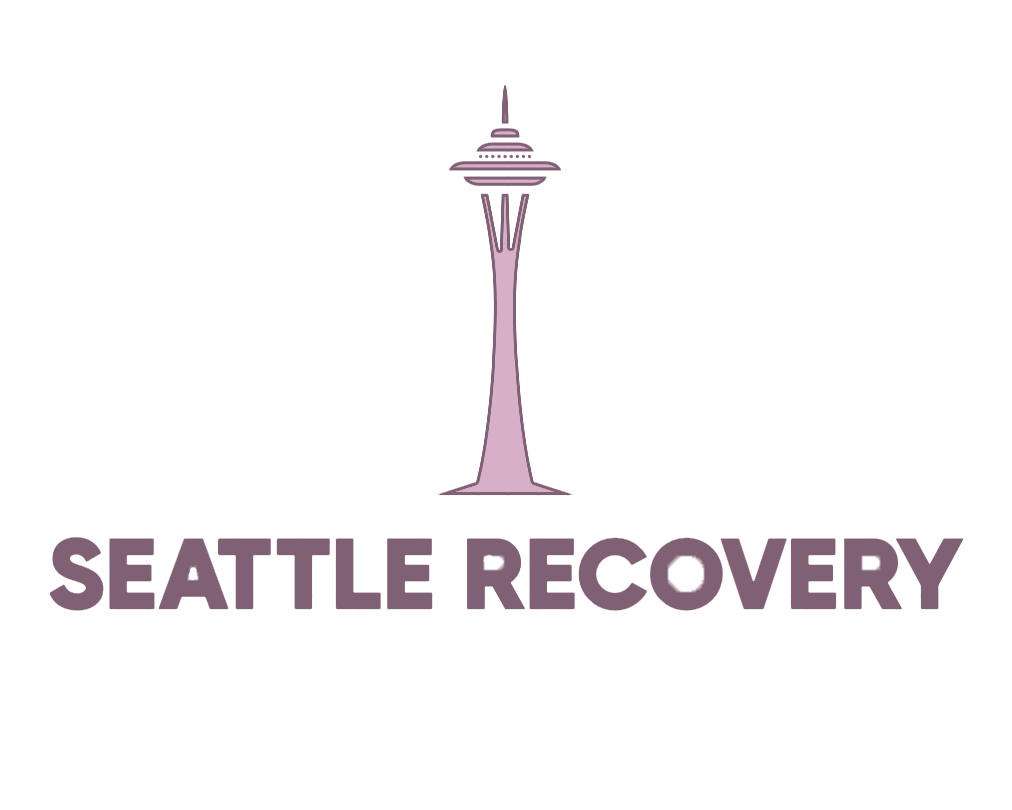
Exploring Treatment Options
Seeking help for substance use and mental health disorders is a courageous step toward recovery. At Seattle Recovery, we offer an array of services tailored to meet the unique needs of individuals struggling with addiction and co-occurring mental health conditions. Our treatment centers across Seattle and surrounding areas are designed to provide a pathway to recovery through a holistic approach that addresses body, mind, and spirit.
Substance Use Disorder Treatment
Our comprehensive treatment programs for substance use disorders focus on a range of addictions, from alcohol and opioids to prescription medications and club drugs. Each individual’s path to recovery is unique, which is why our expert team collaborates closely with clients to develop personalized treatment plans. These plans may include detoxification, residential treatment, partial hospitalization, and intensive outpatient programs, all aimed at supporting long-term recovery.
Mental Health Disorder Treatment
Alongside substance use disorders, we provide specialized treatment for a wide array of mental health conditions such as depression, anxiety, PTSD, and bipolar disorder. Understanding the intricate link between substance use and mental health, our dual diagnosis programs are designed to treat co-occurring disorders concurrently, providing a more effective path to recovery.
Personalized Care at Seattle Recovery
At Seattle Recovery, we believe in treating the individual, not just the addiction or mental health condition. Our evidence-based treatments, including cognitive behavioral therapy (CBT), eye movement desensitization and reprocessing (EMDR), and dialectical behavior therapy (DBT), are complemented by personalized care plans. These plans are crafted to meet the specific needs of each person, ensuring that care is as unique as the individuals we serve.
Our holistic approach extends beyond clinical treatments to include life skills training, relapse prevention education, and family support programs. This comprehensive framework fosters not only recovery but also personal growth, resilience, and well-being.
Therapy Options
Our diverse array of therapy options is designed to cater to varied preferences and needs, ensuring that every individual finds the therapeutic support that resonates most with them. From individual and group therapy sessions to family therapy and experiential modalities, we create a supportive environment that encourages open communication, self-exploration, and healing.
Supporting The Journey Towards Recovery
Recovery is a journey that extends beyond the confines of our treatment facilities. Our alumni and aftercare programs are designed to provide ongoing support and connection, helping individuals navigate the challenges of maintaining sobriety in everyday life. Through community-building activities, continued therapy, and mentorship programs, we strive to empower our clients to lead fulfilling, substance-free lives.
Relapse Prevention
Understanding the realities of recovery, our programs place a strong emphasis on relapse prevention. Through education, skill-building exercises, and ongoing support, we equip individuals with the tools they need to recognize and manage triggers and cravings, reducing the risk of relapse.
Family Involvement
Recognizing the critical role families play in recovery, our treatment plans include comprehensive support and education for family members. By fostering understanding, healing, and healthy communication within the family unit, we help to build a solid foundation for ongoing recovery and support.
Embracing a Holistic Approach
At Seattle Recovery, we understand that recovery involves more than addressing the physical aspects of substance use and mental health disorders. Our holistic approach encompasses nutritional counseling, physical fitness, mindfulness practices, and creative therapies to support overall well-being. By catering to the physical, emotional, and spiritual needs of our clients, we foster a balanced and sustainable recovery journey.
- Detox Programs
- Residential Treatment
- Partial Hospitalization Programs
- Intensive Outpatient Programs
- Transitional Living Programs
- Quality Treatment Centers Seattle Area
The journey to recovery is both personal and unique, requiring a compassionate and tailored approach. At Seattle Recovery, our commitment to quality care, personalized treatment plans, and a supportive community environment provides the foundation for individuals to heal, grow, and thrive. By choosing Seattle Recovery, you take the first step towards a new chapter in life, one marked by health, growth, and lasting well-being. To take this courageous step towards recovery and transformation, contact Seattle Recovery today. Let us be your partner on this journey to reclaim your life.

What should individuals know before starting treatment for substance use disorders?
Before embarking on treatment for substance use disorders, it’s essential to understand that recovery is a highly personal journey. Each individual’s path will look different based on their unique circumstances, history of substance use, and co-occurring mental health conditions. At Seattle Recovery, we stress the importance of personalized treatment plans which might incorporate a plethora of services such as detoxification, residential treatment, or outpatient programs tailored to fit the individual’s requirements. A multi-disciplinary approach, combining medical, psychological, and social support, is often most effective. It’s also crucial to set realistic expectations for recovery and understand that it’s a long-term process involving commitment and often, lifestyle changes.
Would you like to know more about how we customize treatment plans?
Are there any common misconceptions about seeking help for mental health disorders alongside substance use?
Indeed, one prevalent misconception is that individuals need to resolve their substance use issues before tackling mental health disorders. However, the reality is that co-occurring disorders often influence each other, and addressing them simultaneously can lead to better outcomes. At Seattle Recovery, we employ dual diagnosis programs designed to treat substance use and mental health disorders concurrently, providing a more holistic and effective path to recovery. It’s essential to recognize that mental health and substance use are intricately linked, and comprehensive treatment should address both aspects to support healing and prevent relapse.
Have you wondered how co-occurring disorders are treated together?
What advanced insights can you share about relapse prevention?
Relapse prevention is a critical aspect of sustainable recovery, and our approach at Seattle Recovery integrates several advanced insights. Firstly, understanding the psychological triggers and stressors that lead to relapse is paramount. We emphasize the development of healthy coping mechanisms through cognitive behavioral therapy (CBT), dialectical behavior therapy (DBT), and mindfulness practices. Beyond individual therapy, creating a supportive environment including family involvement and community support plays a significant role in preventing relapse. Personalized relapse prevention plans often include ongoing therapy, support groups, and sometimes, medication-assisted treatment. It’s a common misconception that relapse signifies failure; instead, we view it as an opportunity to reassess and strengthen the recovery plan.
Would learning more about our holistic approach to recovery interest you?
How does family involvement enhance the recovery process?
Family involvement can significantly enhance the recovery process by providing a solid support system for the individual. At Seattle Recovery, we believe that healing should encompass not just the individual but their family as well. Families are educated on the nature of addiction and mental health disorders, which helps in reducing stigma and fostering a supportive environment at home. Family therapy sessions can heal strained relationships and improve communication, laying a strong foundation for long-term recovery. It’s important to recognize that the family also needs support and guidance as they navigate the challenges and changes that come with their loved one’s recovery journey.
Are you interested in how we support families during the recovery process?
Resources
- SAMHSA National Helpline – The Substance Abuse and Mental Health Services Administration (SAMHSA) provides a national helpline for individuals and families facing mental health and substance use disorders.
- National Institute on Drug Abuse (NIDA) – NIDA is a government resource offering information on drug abuse and addiction research, resources, and treatment options.
- National Alliance on Mental Illness (NAMI) – NAMI is a mental health organization providing support, education, and advocacy for individuals and families affected by mental health conditions.
- SAMHSA Treatment Locator – SAMHSA offers a treatment locator tool to help individuals find substance abuse and mental health treatment programs in their area.
- American Psychiatric Association (APA) – The APA is a leading organization of psychiatrists that provides resources and information on mental health disorders and treatment options.






